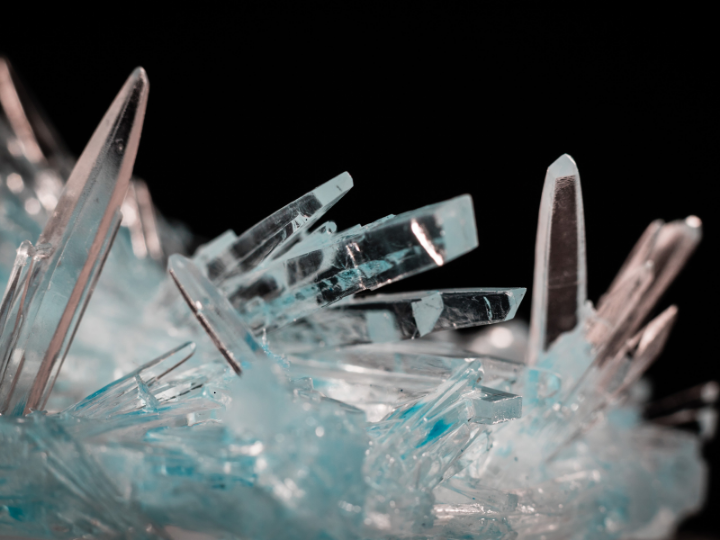A German official said on Wednesday (5 July) the country has been working to secure long-term supplies of critical and strategic raw materials as it assesses the possible effects of Chinese export controls on some metals used in semiconductors.
China announced on Monday it would control exports of some metals widely used in the sector, the latest salvo in an escalating stand-off between Beijing and the United States.
In 2022, China supplied 27 tonnes of gallium to Germany, accounting for 55% of total imports. Regarding germanium, China supplied 3 tonnes, or 75%, according to data supplied by the Federal Institute for Geosciences and Natural Resources (BGR).
A German industry representative said earlier on Wednesday that China’s decision may be in response to US trade restrictions, but its impact will also be felt in Europe.
“For it is precisely with regard to the supply of raw materials that Europe is still vulnerable,” said Holger Kunze, head of the VDMA industry group’s Brussels office.
Kunze called for a consistent focus on opening up new markets as well as sources of raw materials, and cautioned against free trade deals loaded “with sanctionable non-trade issues such as environmental, climate and human rights aspects”.
“It is not yet possible to predict whether these measures will have an impact on our supply of these raw materials,” Franziska Brantner, state secretary in Germany’s economy ministry, told Reuters.
“Based on what is known so far is initially only an export control measure, not restrictions,” Brantner said.
“Important steps are to diversify supply chains, to use raw materials more efficiently, to advance recycling and substitution, and to strengthen raw material processing and extraction in Europe too,” she added.
Germany has no production of gallium and germanium of its own. Germany’s AOS aluminiumoxid in 2016 idled its gallium production, a spokeswoman for the BGR said, adding that a German plant run by Chinese-owned Vital Pure Metal solution had in the past produced both materials.
Both companies did not immediately reply to Reuters requests for comments.
*first published in: Euractiv.com




 By: N. Peter Kramer
By: N. Peter Kramer

